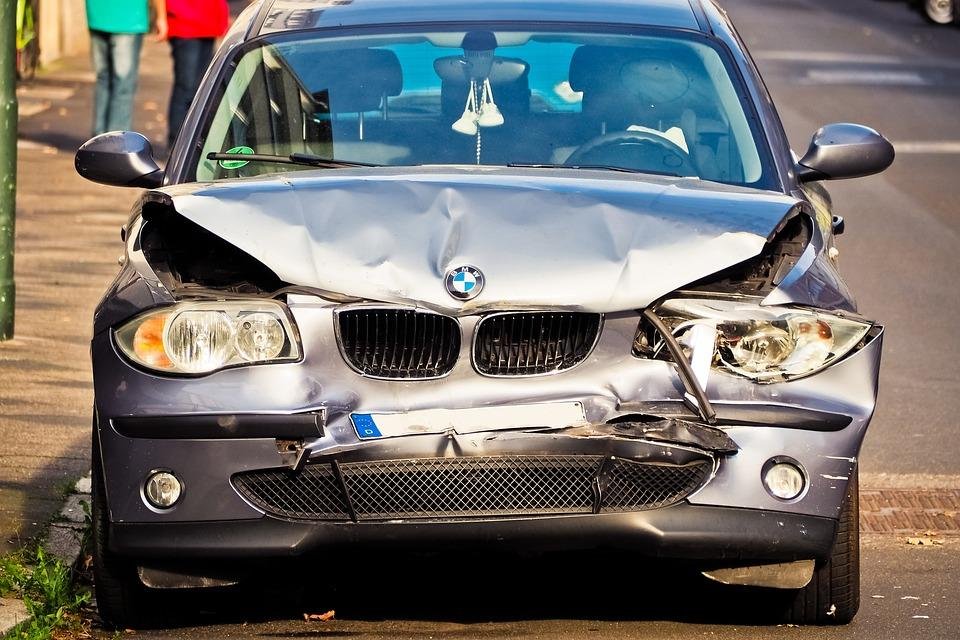Driving is a daily activity that many of us take for granted. However, when it comes to operating a vehicle, two terms hold a significant weight in the legal world: negligent and reckless driving. These terms may sound similar, but their implications and consequences can be drastically different.
Whether you are a driver or a passenger, it is crucial to understand the difference between the two and how they can impact your safety and rights. In this blog post, we will delve into the nuances of negligent vs. reckless driving.
Table of Contents
Understanding Negligent Driving
Negligence behind the wheel refers to a failure to exercise the level of care that a reasonable, prudent person would under similar circumstances. It involves unintentional actions or omissions that directly lead to harm or damage. Examples of negligent driving include:
- Failing to signal when changing lanes
- Speeding within the limits, but too fast for road conditions
- Running a stop sign due to failing to see it
When an accident occurs due to negligence, the injured party (or the party with damaged property) can often seek compensation through a legal claim. In some jurisdictions, this may be through a civil lawsuit against the negligent driver’s insurance.
Or a criminal charge if the negligence resulted in injuries or death. The key aspect of negligence in these cases is that it typically does not involve a willful intent to cause harm but rather a lack of awareness or care.
The Legal Standpoint
In court, the burden of proof rests on the plaintiff to demonstrate that the defendant (the accused negligent driver) owed a duty to the plaintiff and breached that duty by failing to act with reasonable care. Also, this breach directly caused the plaintiff’s harm.
The defendant can potentially avoid liability by demonstrating that they did act with reasonable care or that their actions. This despite being below the expected standard, did not directly lead to the plaintiff’s harm.
The Reckless Driving Difference
Reckless driving, on the other hand, involves a willful disregard for the safety of others on the road, which can lead to severe consequences. Drivers who exhibit reckless behavior are aware or should be aware, that their actions have the potential to cause harm. Examples of reckless driving include:
- Excessive speeding in a school zone
- Street racing
- Tailgating aggressively
When an accident occurs due to reckless behavior, the legal penalties and civil liability for the driver are typically much more severe than those for simple negligence. This is because a finding of recklessness implies a greater degree of fault. It also has a higher level of disregard for others’ safety.
The Legal Implications
In court, recklessness can often lead to more serious criminal charges, such as vehicular manslaughter or assault with a deadly weapon. Especially if the driver was under the influence of drugs or alcohol. The burden of proof for such charges is higher than for negligence.
It requires prosecutors to show that the defendant knowingly or willfully acted in a manner that endangered others. For civil cases, the standard of proof is typically lower, requiring plaintiffs to show that “a preponderance of the evidence” demonstrates a reckless disregard for the safety of others, which then leads to the plaintiff’s harm.
In reckless driving cases, it’s also more common for punitive damages to be awarded. This is a way of punishing the driver and deterring similar behavior in the future.
Comparing the Two In Practice
Negligent and reckless driving are often not clear-cut distinctions in practice, and cases can involve elements of both. For example, a driver who is texting while driving may be deemed negligent for not paying attention to the road. However, if that inattention leads to a severe collision, the driver’s actions could be considered reckless due to the known dangers of texting while driving.
The Legal Gray Area
Navigating the nuances of negligent versus reckless driving is often a legal gray area. This is because each case is unique and subject to the interpretation of the law by judges and juries. It can also depend on the specific language of the laws in each state or country.
In some jurisdictions, the difference between negligence and recklessness may impact the available defenses for the accused driver and the possible outcomes of the case. For defendants, proving that their actions were not as severe as claimed or were not the actual cause of the accident can mean the difference between a criminal conviction and a more lenient sentence or acquittal.
Mobile and Digital Trends Impacting Driving Behaviors
The rise of mobile technology and digital distractions has had a significant impact on driving behaviors. This is with more accidents being linked to phone use each year.
Legislation and public awareness campaigns have been implemented to discourage dangerous phone use while driving. Yet the trend persists.
The Distracted Driving Epidemic
While using a phone to talk, text, or browse the internet can be considered negligent behavior. Especially as more data emerges on the risks involved, engaging in these activities while driving can quickly escalate into recklessness if it leads to an accident.
Personal Responsibility and Preventative Measures
Considering the severity of the legal and moral implications of this driving, all drivers must take personal responsibility for their actions behind the wheel. Adopting preventative measures can help reduce the likelihood of accidents and legal consequences.
Safe Driving Practices
Some actions are vital to preventing accidents and avoiding legal trouble. These are such as:
- practicing safe driving habits
- maintaining focus on the road
- adhering to traffic laws
Understanding the risks associated with various driving behaviors, such as speeding or driving under the influence, and taking steps to mitigate those risks can go a long way in keeping the roads safe for everyone.
Legal Consultation
For those facing legal action following a car accident, consulting with a knowledgeable attorney can make a significant difference in the outcome of their case. Lawyers can provide:
- guidance on the best course of action
- represent the accused in court
- help them understand their rights and responsibilities
Check out The JLF Firm to learn how lawyers can help in these legal issues.
Know the Difference Between Negligent Vs. Reckless
In conclusion, the differences between negligent vs. reckless driving may seem minor, but in the eyes of the law, they hold significant legal implications and consequences. Both types of driving can lead to serious accidents and harm to individuals.
This makes it crucial for drivers to understand the severity of their actions behind the wheel. Stay safe, stay responsible, and stay aware.
If you want to read more articles, visit our blog.










